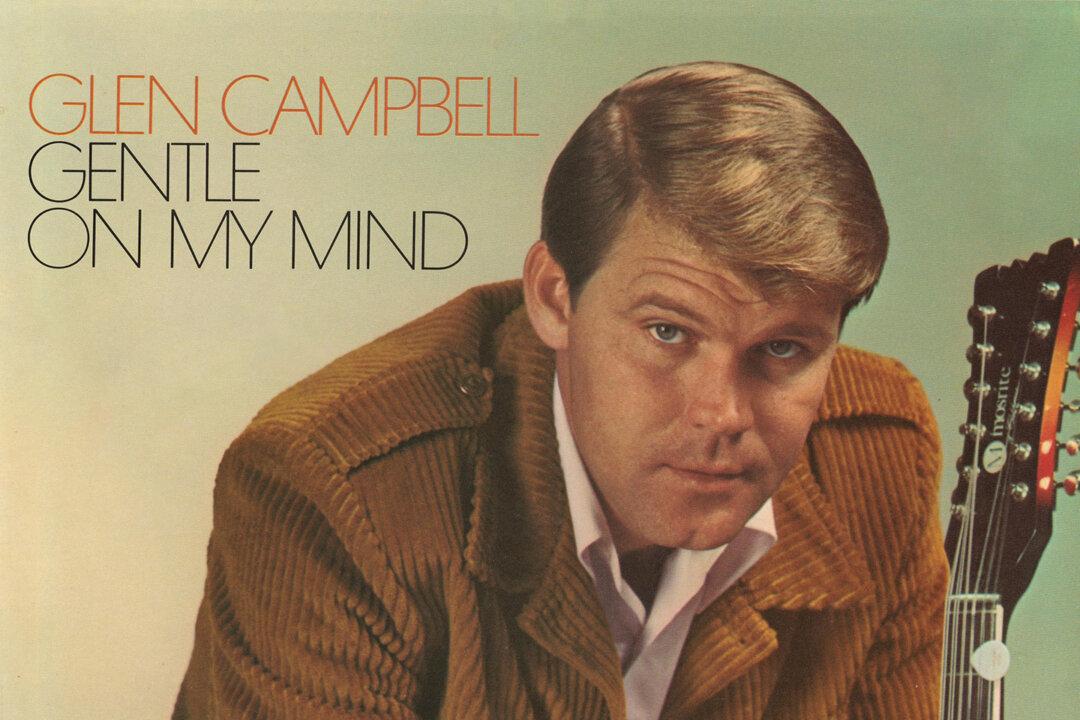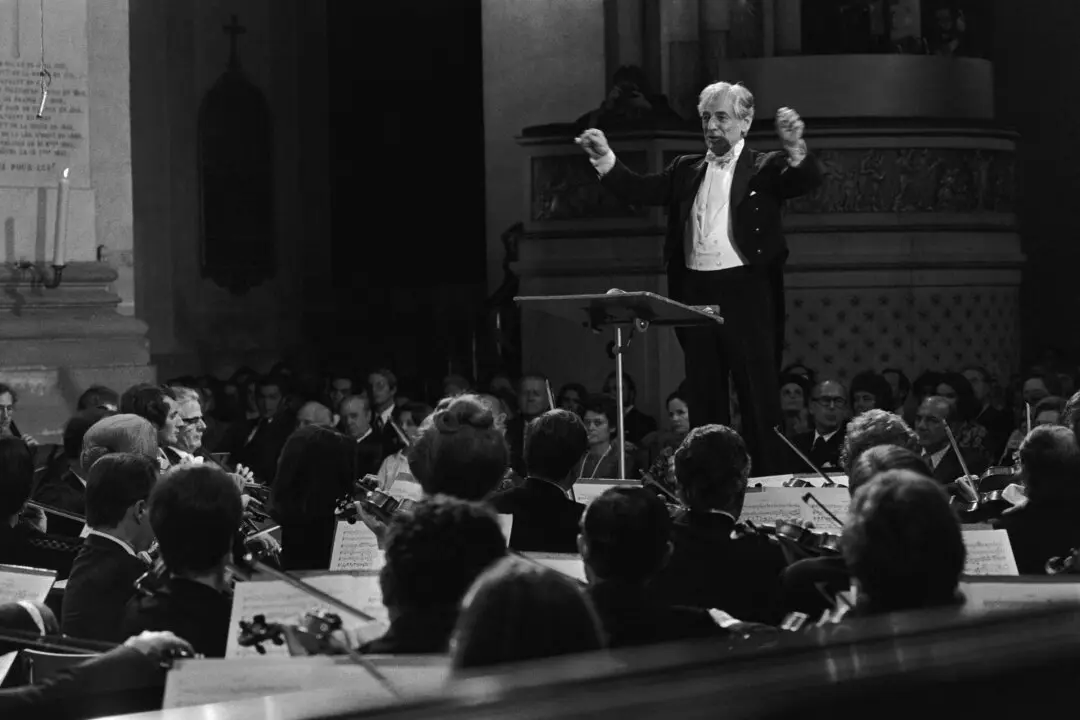“They loved each other, not driven by necessity, by the ‘blaze of passion’ often falsely ascribed to love. They loved each other because everything around them willed it, the trees and the clouds and the sky over their heads and the earth under their feet.”
This passage is found in the best-selling Boris Pasternak novel “Doctor Zhivago.” It was published in the United States in 1958 but outlawed in the author’s home country of Russia because of Soviet control over literature. The classic tale follows the romance of Dr. Yuri Zhivago, a physician and poet, and Lara Antipova, as they navigate the complexities and stark reality of the Russian Revolution of the early 1900s.





